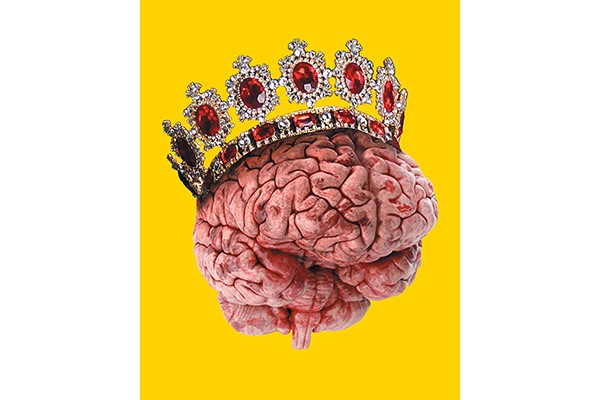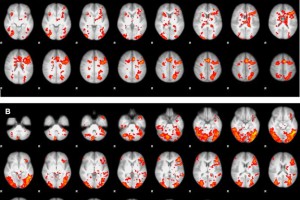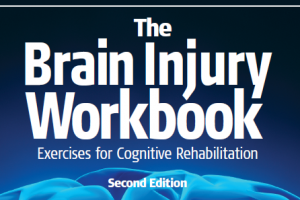What Is Neuroeconomics?
Neuroeconomics tries to link economics, psychology, and neuroscience to glean a better understanding of economic decision-making.
Neuroeconomics tries to link economics, psychology, and neuroscience to glean a better understanding of economic decision-making. The fundamentals of economic theory were formed based on the assumption that we would never discover the intricacies of the human mind. However, with advances in technology, neuroscience has produced methods for the analysis of brain activity.
KEY TAKEAWAYS
- Neuroeconomics is the application of neuroscience tools and methods to economic research.
- Neuroeconomics tries to bridge the disciplines of neuroscience, psychology, and economics.
- Neuroeconomics analyzes brain activity using advanced imagery and biochemical tests before, during, and after economic choices.
- Neuroeconomics attempts to show the links between economic activity and physiological activity in certain portions of the brain.
- Neuroeconomics is useful to business because it explores the brain processes that underlie decision-making.
Understanding Neuroeconomics
Fundamental to the study of neuroeconomics is a need to fill certain gaps in conventional economic theories. Economic decision-making, based on rational choice theory, suggests that investors will objectively evaluate risk and react in the most rational manner, but treats the inner workings of the decision maker’s mind as a black box that is beyond the scope of economic inquiry.
Behavioral economics breached this barrier by applying insights from psychology to cases where people do not appear to follow economic rational choice theory or optimize utility. Neuroeconomics tries to take the next step by studying the relationships between economic decisions and observable phenomena in animal or human brains. Insight into the mechanisms driving individuals can help to better predict the future of economics.
For example, history has shown the perpetuation of asset bubbles and, subsequently, financial crises. Neuroeconomics provides insight into why humans might not act to optimize utility and avoid financial difficulty. Typically, emotions profoundly influence individuals' decision-making. The brain often reacts more to losses than to gains, which can stimulate irrational behavior. While emotional responses are not always suboptimal, they are rarely consistent with the concept of rationality. As neuroeconomics becomes more developed, the field of study shows the potential to improve the understanding of the mechanisms influencing decision-making.
Areas of Study for Neuroeconomics
Neuroeconomics can be broken down into three central areas of study: intertemporal choice, social decision-making, and decision-making under risk and uncertainty.
Why Is Neuroeconomics Useful to Business?
Neuroeconomics is useful to business because it explores the brain processes that underlie decision-making. For example, why consumers prefer one product over another is particularly relevant for a business to understand. In addition, neuroscience can help illuminate why business leaders decide on certain courses of action. Neuroscience can also help answer many pressing questions that are relevant in a business context, including "How can we make the best decision?" "How can we identify the most productive parts of the brain?" and "How can we encourage the brain to be creative?"
Who Benefits the Most From Neuroeconomics?
Gaining a better understanding of human decision-making is beneficial for everyone. Neuroeconomics is largely concerned with situations where an individual must make a single choice among many different options. Existing neoclassical models of economics are unable to explain certain human behaviors, including certain economic decisions. Neuroeconomics has the possibility of improving the accuracy of economic theories by factoring in social, cognitive, and emotional factors into economic decision-making.





Related Posts